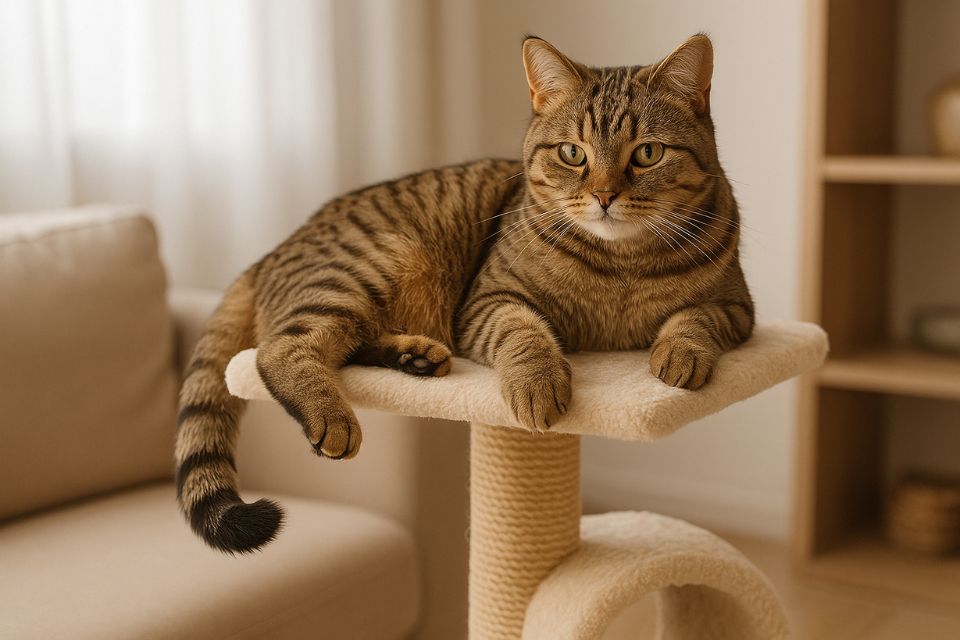Getting a pet if you have ADHD can be deeply rewarding, but it also comes with new routines, expenses, and responsibilities that may feel overwhelming if you’re not prepared.
ADHD and pets can be a wonderful mix – full of love, comfort, and moments of calm in the chaos. For many people with ADHD, animals aren’t just pets; they’re companions that bring structure, grounding, and connection. However, before you rush into adoption, it’s important to pause and reflect.
This guide explores what to think about before adopting a pet with ADHD – so when you do open your home to a furry (or scaly!) friend, it’s a choice that supports both your wellbeing and theirs.
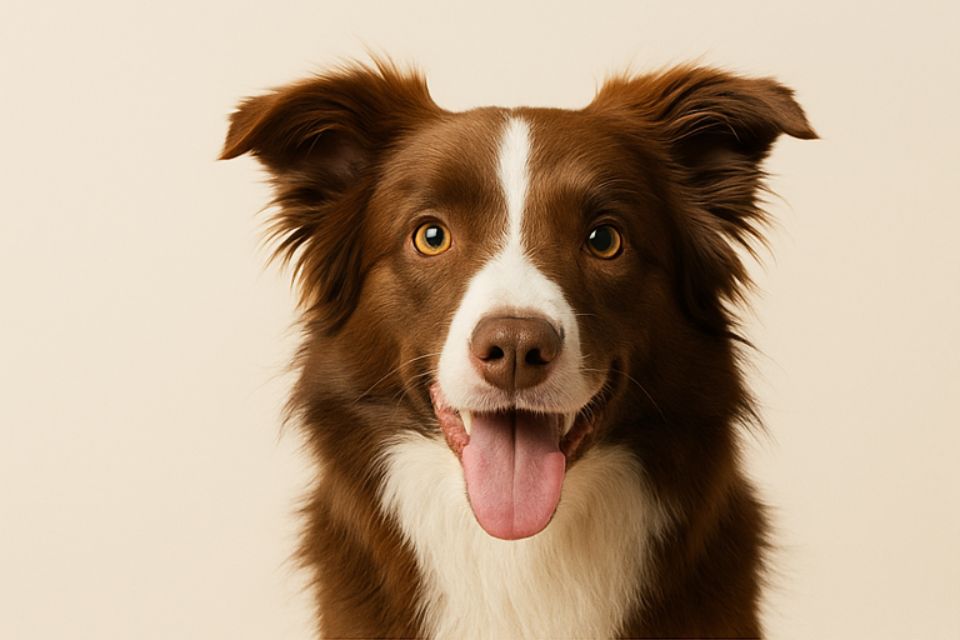


Routines and Responsibility
People with ADHD often struggle with routine. Pets thrive on consistency, which can help. Ask yourself: can you reliably feed, walk, clean, and care for an animal every day?
- Dogs need structured walks, toilet breaks, and daily exercise.
- Cats may be more independent, but they still require regular feeding, litter cleaning, and vet care.
- Smaller pets, such as rabbits, hamsters, or reptiles, require fresh food, water, and regular cage maintenance.
If you already find daily chores difficult to maintain, ask yourself: Will adding a pet create stability or extra stress? Could you set alarms, share responsibilities, or use routines (like feeding the pet when you make your morning tea) to help?
Tip:
Trial a routine with reminders for two weeks before taking on a pet. For example, set phone alarms to “feed cat” or “walk dog” and see how manageable it feels.
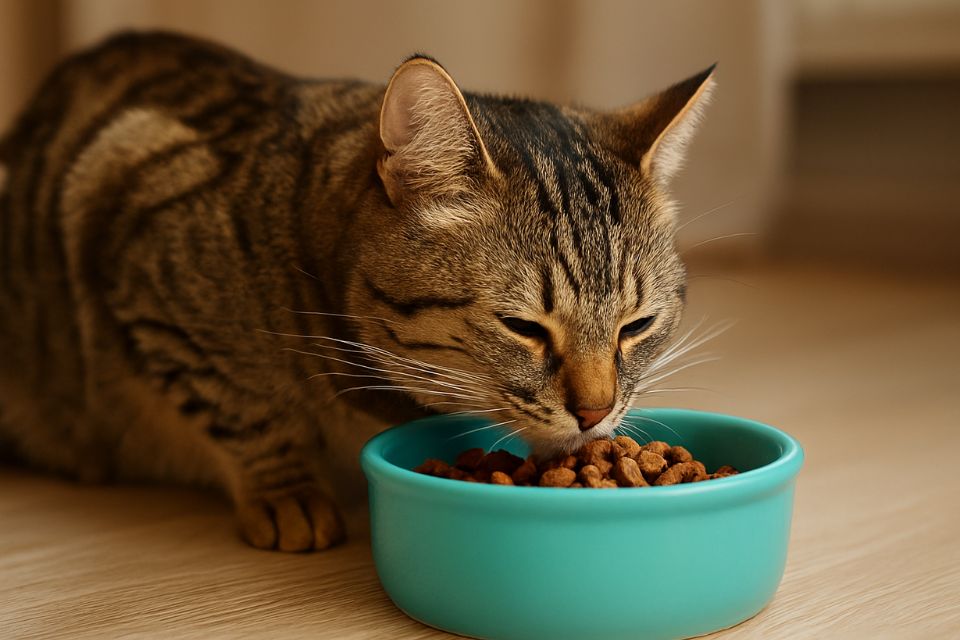
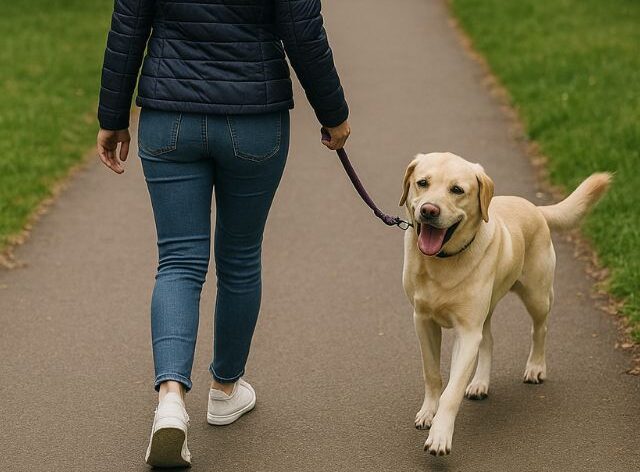
Costs and Finances
It’s easy to underestimate the costs of pet ownership, which go far beyond the initial adoption or purchase fee. ADHDers often experience impulsivity with money, so being prepared is key.
Costs to consider:
- Food (monthly)
- Vet visits and vaccinations
- Flea/worm treatments
- Pet insurance
- Emergencies (unexpected illness or injury)
- Equipment: leads, litter trays, cages, tanks, toys, bedding
A realistic budget helps prevent financial stress. Many individuals with ADHD benefit from setting up an automatic monthly transfer to a “pet fund,” which helps ease unexpected costs.
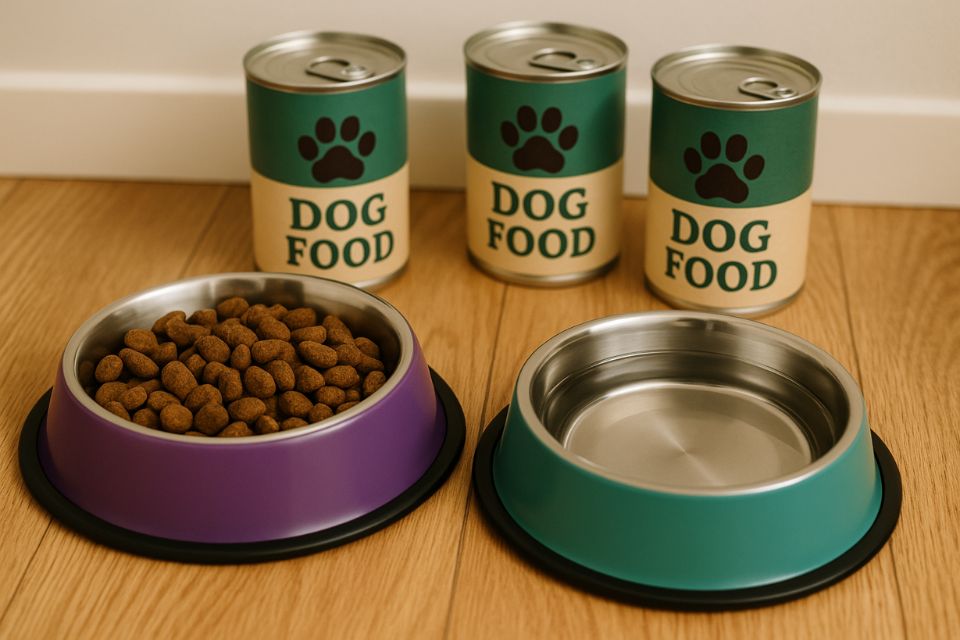
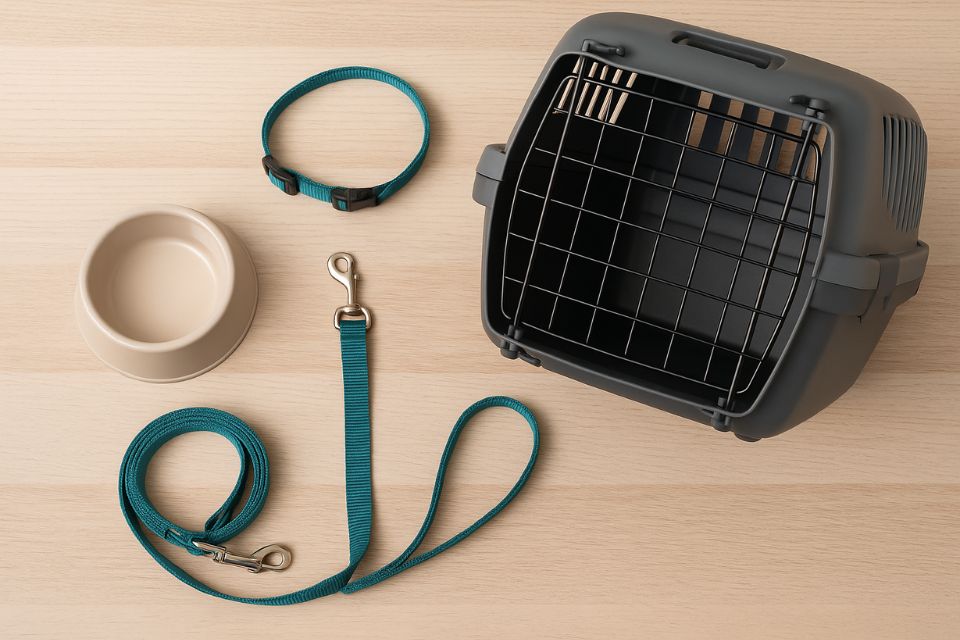
Time and Energy
ADHD often means fluctuating energy levels. On some days, you might have loads of enthusiasm, while on others you struggle to get out of bed. Pets don’t take a day off.
Ask yourself:
- Would you be prepared to walk a dog in the rain, in winter, or when you’re exhausted?
- Can you clean a litter tray, even when you’re overstimulated?
- Will you still feel motivated to provide play, exercise, and enrichment when you’re low on energy?
Cats may be more suited to lower-energy days than high-maintenance dogs. Match your energy patterns to the right pet.
Impulsivity vs. Long-Term Commitment
Impulsivity is a well-known ADHD trait. That adorable puppy in the breeder’s ad, the rescue cat online, the guinea pig your friend’s rehoming – all can trigger the instant “yes!” moment.
But pets live for years. Dogs often live 10-15 years, cats even longer, and smaller pets 2-10 years, depending on the species. ADHDers may struggle to imagine the long-term future, so it’s important to pause and ask:
- What will my life look like in 5 years?
- Could I still provide care if I move house, change jobs, or experience health challenges?
- Am I making this decision because I genuinely want the commitment, or because I’m chasing novelty right now?
Delay impulsive decisions and sit with your choice for a few weeks to ensure it’s a sustainable one.
Support Systems
Everyone needs backup – especially with ADHD. What if you forget a vet appointment, or are traveling, unwell, or overwhelmed?
Before taking on a pet, consider:
- Do you have family, friends, or neighbours who could step in occasionally?
- Could you afford a dog walker, pet sitter, or boarding service?
- Do you have reminders and structures in place for vet visits and medication schedules?
A support system is as important for pets as it is for people.
Environment
ADHD brains may create “organised chaos” at home. However, clutter, noise, or limited space may harm a pet’s well-being.
- Dogs need safe outdoor space and room to play.
- Cats need scratching posts, litter trays, and calm corners.
- Small animals need clean cages and enrichment.
If your current environment feels chaotic, would a pet thrive in it – or could the presence of a pet encourage you to create more structure and calm?
Emotional Considerations
Pets provide comfort and unconditional love, but they aren’t replacements for therapy, medication, or support. Sometimes people seek pets to fix loneliness, stress, or shame. Pets help, but are not a cure-all.
Ask yourself:
- Am I looking for a companion, or am I expecting a pet to heal my struggles?
- Will I be able to manage the guilt if I occasionally forget or make mistakes?
- Can I accept that pets bring mess, noise, and disruption alongside joy?
Being emotionally prepared can reduce regret, overwhelm, and the potential for rehoming later.
Choosing the Right Pet
Not all pets are equally compatible with ADHD. Matching the right species (and also breed) to your lifestyle is essential.
- Dogs: Great for exercise and companionship, but require high daily commitment. Some breeds are more ADHD-friendly than others (e.g., lower energy, easy to train).
- Cats: More independent, but still need daily attention and care.
- Small animals (rabbits, guinea pigs, hamsters): Less demanding socially, but need regular cleaning and stimulation.
- Fish or reptiles: Lower maintenance daily, but specialist equipment and knowledge are essential.
Research is your friend. Talk to vets, rescues, and other owners before deciding.
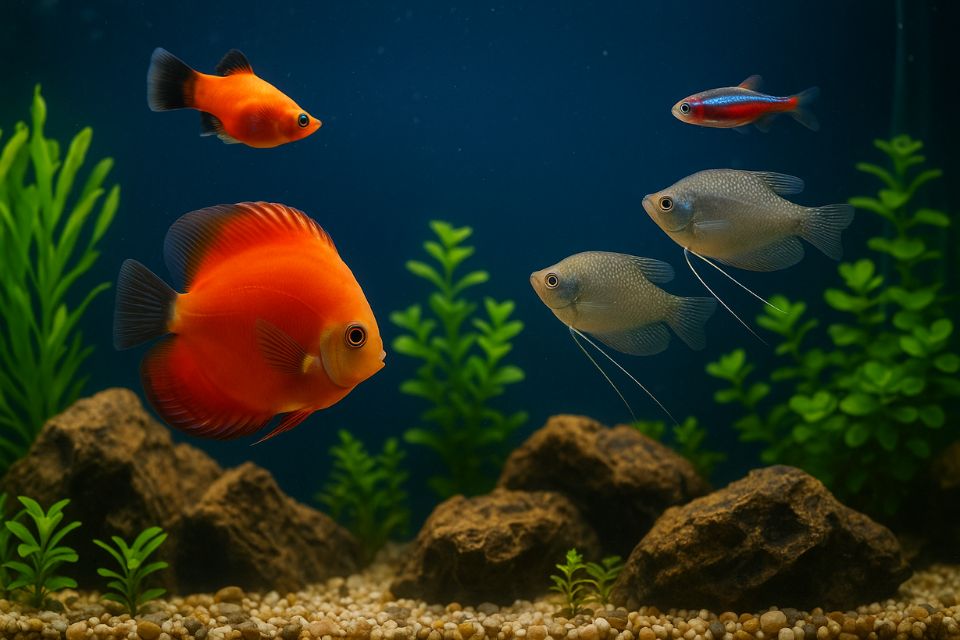
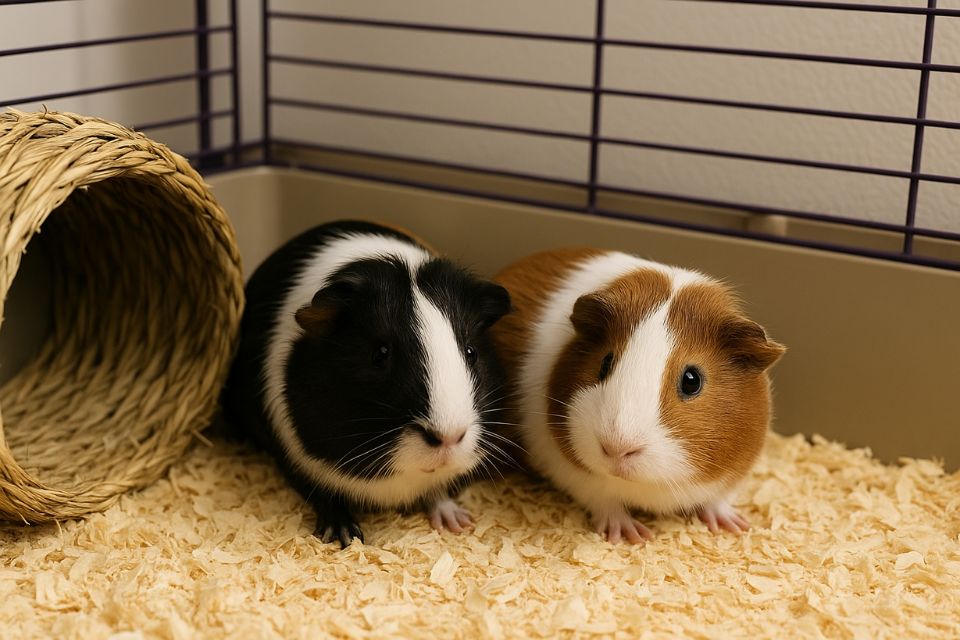
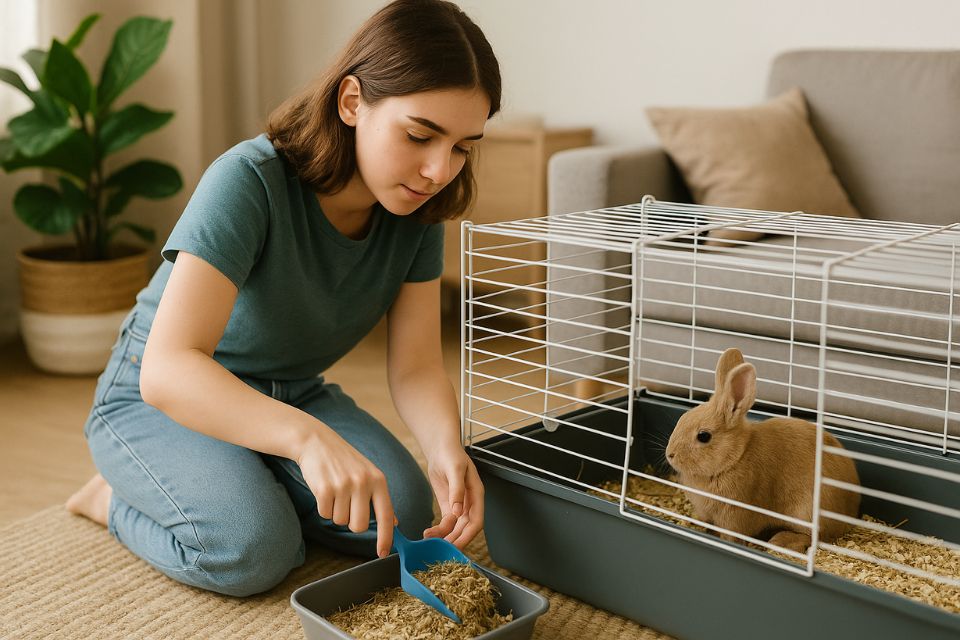
Final Thoughts
Pets can be life-changing for ADHDers – bringing structure, joy, comfort, and connection. However, they also come with a major responsibility. Taking time to reflect on finances, energy, support systems, and emotional readiness ensures that, when you do welcome a pet, it’s a decision that enriches both your life and theirs.
At the end of the day, pets deserve the same unconditional commitment they give us. For individuals with ADHD, having a pet – with proper preparation and realistic expectation – can provide one of life’s most rewarding relationships by fostering mutual trust, responsibility, and companionship.
If You’re Still Thinking About Getting A Pet…
Here’s my ADHD-Friendly Pet Ownership Checklist to help you decide if the time is right for you to take on the responsibility of a pet right now, and avoid heartbreak later.
(Informed by a combination of research and practical guidance from CHADD, ADDitude Magazine, and the RSPCA.)
Further Reading & Resources
If you’d like to explore more about ADHD and pet ownership, these trusted resources offer helpful insights, real-life guidance, and research-backed information:
- Beetz, A. et al. (2012). Psychosocial and psychophysiological effects of human-animal interactions.
A research study exploring how spending time with animals can reduce stress and support emotional wellbeing.
- CHADD – ADHD and Pets
Practical tips on how pets can help bring structure, comfort, and routine into ADHD life.
https://chadd.org
- ADDitude Magazine – Pets & ADHD
Accessible articles on the benefits and challenges of having a pet when you’re neurodivergent.
https://additudemag.com
- RSPCA – Thinking of Getting a Pet?
Straightforward guidance on preparing for pet ownership and understanding the responsibilities involved.
https://www.rspca.org.uk/adviceandwelfare/pets
